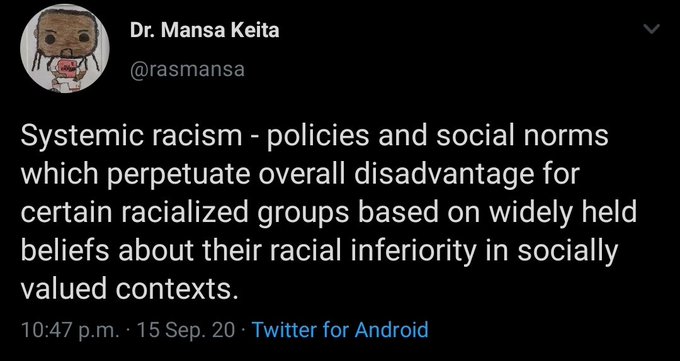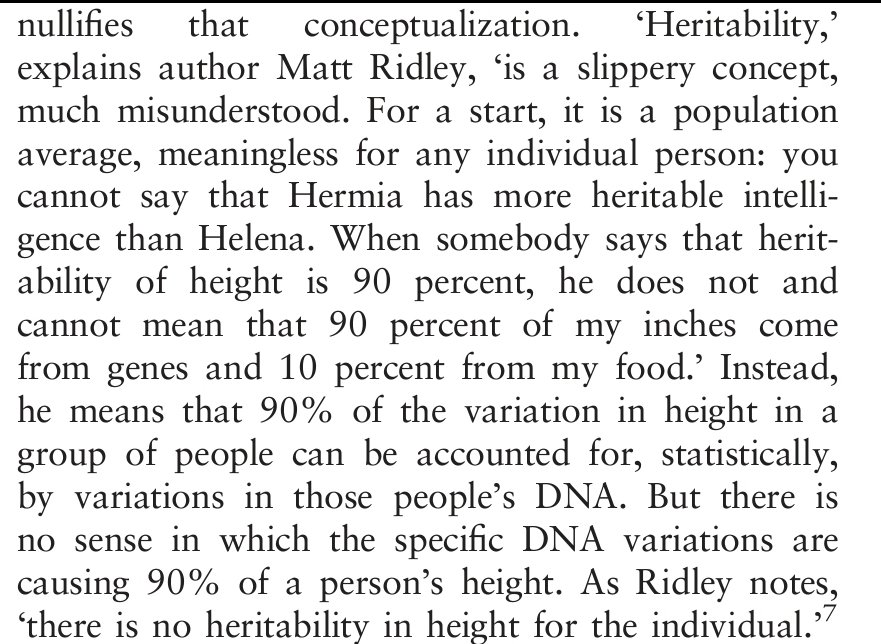
Pet peeve:
- Not every dataset has an average.
- Even when you specify what you're looking for, it doesn't mean there must be an average.
- Even when you can identify an average, some averages are more meaningful/useful than others.
- Not every dataset has an average.
- Even when you specify what you're looking for, it doesn't mean there must be an average.
- Even when you can identify an average, some averages are more meaningful/useful than others.
Examples:
- There is no meaningful "average dog in America".
- There is no meaningful "average handsomeness of a man in New York"
- If I have 100 numbers, 99 of them is 1 and the other is 10,000,001. My mean in this case is 100,000. Which is extremely unrepresentative.
- There is no meaningful "average dog in America".
- There is no meaningful "average handsomeness of a man in New York"
- If I have 100 numbers, 99 of them is 1 and the other is 10,000,001. My mean in this case is 100,000. Which is extremely unrepresentative.
Finally, "average" is one of those ridiculous terms that have multiple meanings in math. The mean, median and mode are all averages. There are other averages too. Don't mess with a field that makes it possible for 1+1 to equal 10, or if you want to get funky, 2+2 to equal 5.
Merry Christmas everybody. Count your blessings, but don't try to go calculating your average blessing.
• • •
Missing some Tweet in this thread? You can try to
force a refresh






